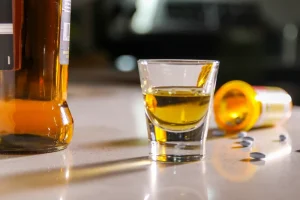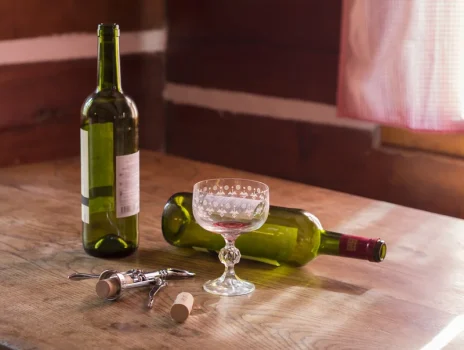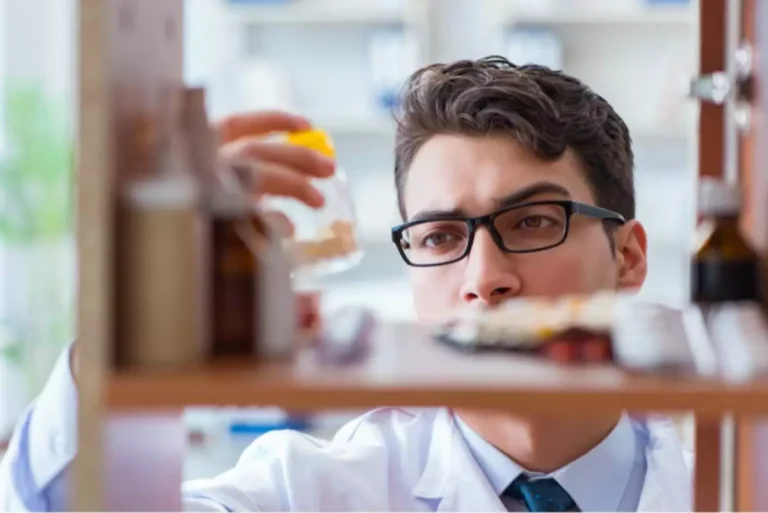
The mesolimibc pathway is responsible for the binge stage’s reward and positive reinforcement via the direct release of dopamine and opioid peptides. A result of increased substance use to avoid withdrawal symptoms is a shift from impulsive to compulsive behavior. Compulsive behavior marks the loss of executive control over substance use and is a hallmark of addiction.
- The research and its resulting hype to date have almost exclusively focused on discrete, employee-level benefits—the productivity gains realized when individual employees use LLMs to perform specific tasks.
- Tell them explicitly what the GenAI app is designed to do and about any limitations within its design parameters.
- Despite being aware of these harmful outcomes, many people who use drugs continue to take them, which is the nature of addiction.
- An individual may go through multiple attempts to stop using a substance before realizing that addiction is a factor.
- Your provider may want to do a physical exam and may request blood and urine tests.
- An alternative reason people utilize substances is to reduce negative feelings such as depression or anxiety.
Recovery Connection

When someone’s trying to distance themselves from addictive habits, it’s essential to replace them with coping skills for addiction recovery and healthier choices. People struggling with addiction need the guidance of trained cycle of addiction professionals to help them recover. Rehab therapists or professional counselors can provide the help your loved one needs. Breaking free from addiction can be daunting, but with commitment in recovery, it is achievable.
Continued Use / Abuse
- The genes people are born with contribute to about half of a person’s risk for addiction.
- Addiction causes a number of physical and emotional changes that can make it very difficult for a person to stop using a substance or participating in an activity.
- The brain adapts to consistent alcohol or drug use and becomes reliant on it, leading to impulsive and often risky behavior to obtain the substance of choice.
- The ANA highlights the importance of multidimensional information capture, including genetic and neuroimaging data, to advance our understanding of addiction and inform more effective diagnostic and treatment strategies.
The action stage is the focus for many people attempting to overcome addiction. This is the stage at which real change—change of behavior—starts happening. But with good preparation, it can also be an exciting time that gives way to new options. Understanding the addiction cycle helps a person to recognize and seek help for their addiction.
Solutions to Underage Drinking – Parenting Advice for Teenage Drinking

Addicts trying to quit without help will eventually lose control and fall back to substance use. Relapse often returns addicts to dependence, the stage that prevents most addicts from breaking out of the cycle. It’s important to note that addiction is a disease and not necessarily due to moral failure. Addictive substances or activities cause an intense, enjoyable feeling, creating a powerful urge to experience those feelings again. Addictive substances rewire the brain to think it needs them for normal functioning, making the user unable to stop.
Finding Support

- John C. Umhau, MD, MPH, CPE is board-certified in addiction medicine and preventative medicine.
- Addiction is a chronic disease characterized by drug seeking and use that is compulsive, or difficult to control, despite harmful consequences.
- Take up a new hobby, start a journal, join a volunteer organization, or register for piano lessons; any enjoyable activity that takes you away from your triggers will contribute towards beating the cycle.
- Some others, unfortunately, are incapable of quitting substance abuse without extensive measures of staging an intervention.

